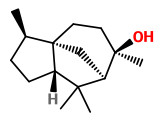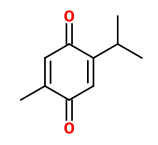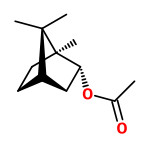Platycladus orientalis (L.) Franco - syn.Thuja orientalis L.; Biota orientalis (L.) Endl.; Platycladus stricta Spach - Cupressaceae
Chinese arborvitae, oriental thuja, Morgenländischer Lebensbaum
Evergreen tree, endemic to northwestern China.
„A small tree 6 m or more tall with compact conical or columnar habit. Branches and branchlets ascending, closely appressed. Foliage dark green. Leaves borne in flattened frond‑like branchlets; scale‑like, opposite decussate. Male cones terminal on the branchlets; microsporophylis 6‑10 opposite decussate. Female cones green, woody and brown when ripe subglobose; Scales 8‑12, each with a curved process. Seeds ovoid, not winged… The `Chinese arbor‑vitae' is extensively planted as a road‑side tree or in gardens…“
http://www.efloras.org/florataxon.aspx?flora_id=5&taxon_id=242352240
„The composition of the hydrodistilled essential oils from the fruits and leaves of Thuja orientalis L. grown in Iran was analyzed by GC/MS. Nineteen and twenty-eight compounds have been identified in the volatile oils of the fruit and leaf, respectively. While the fruit oil contained α-pinene (52.4%), Δ-3-carene (14.2%), α-cedrol (6.5%) and β-phellandrene (5.1%), the leaf oil contained α-pinene (21.9%), α-cedrol (20.3%), Δ-3-carene (10.5%) and limonene (7.2%) as the main components.“
Minor components of the leaf oil were thymoquinone (0.2%), bornyl acetate (1.0%), and geranyl acetate (0.4%) e.g.
[Volatile constituents of the fruit and leaf oils of Thuja orientalis L. grown in Iran. Nickavar, B., Amin, G., Parhami, S., Zeitschrift für Naturforschung. C, Journal of biosciences, Vol.58(3-4), 2003, 171] http://znaturforsch.com/ac/v58c/s58c0171.pdf?origin=publication_detail
„The essential oil from fresh leaves of Thuja orientalis L. grown in the north-western Himalaya was isolated by means of hydrodistillation and analyzed by GC and GC/MS. Twenty-two compounds representing 94.0% of the total oil were identified. The leaf oil contained α-pinene (29.2%), Δ-3-carene (20.1%), α-cedrol (9.8%), caryophyllene (7.5%), α-humulene (5.6%), limonene (5.4%), α-terpinolene (3.8%) and α-terpinyl acetate (3.5%) as major constituents. The essential oil showed antifungal activity against Alternaria alternata in a direct
bioautography assay.“
[Chemical composition and fungitoxic activity of essential oil of Thuja orientalis L. grown in the north-western Himalaya. Guleria, S., Kumar, A., Tiku, A. K., Zeitschrift für Naturforschung. C, A journal of biosciences, Vol.63(11), 2008, 211] http://www.znaturforsch.com/s63c/s63c0211.pdf
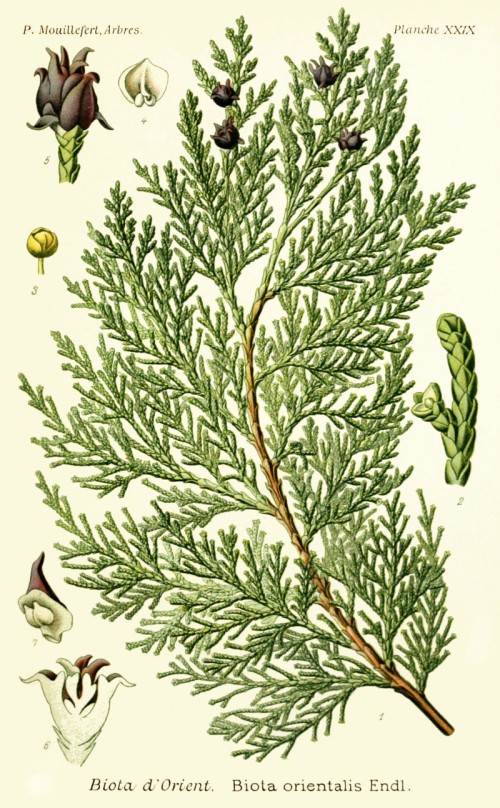
Mouillefert,P., Traité des arbres et arbrissaux, Atlas, t.29 (1892-1898)
http://plantgenera.org/species.php?id_species=806089&mobile=0
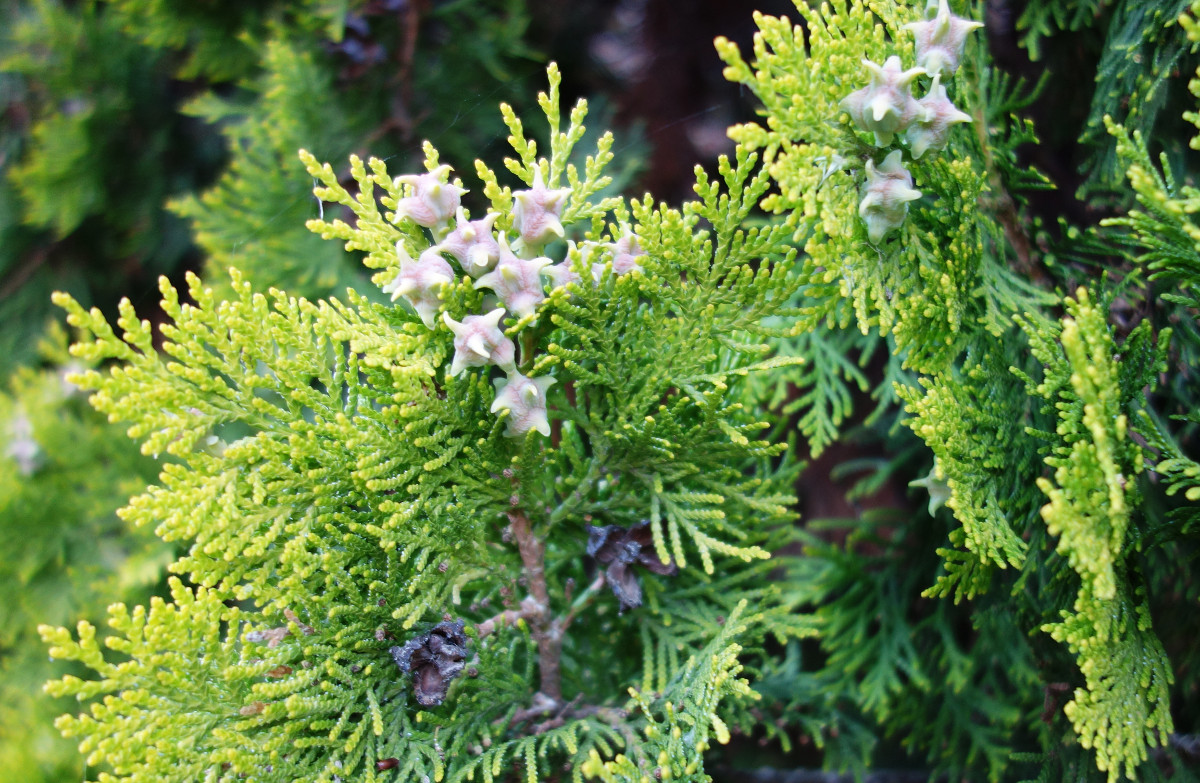
Thuja orientalis, CC BY-SA 3.0, Author: Andreas Kraska




